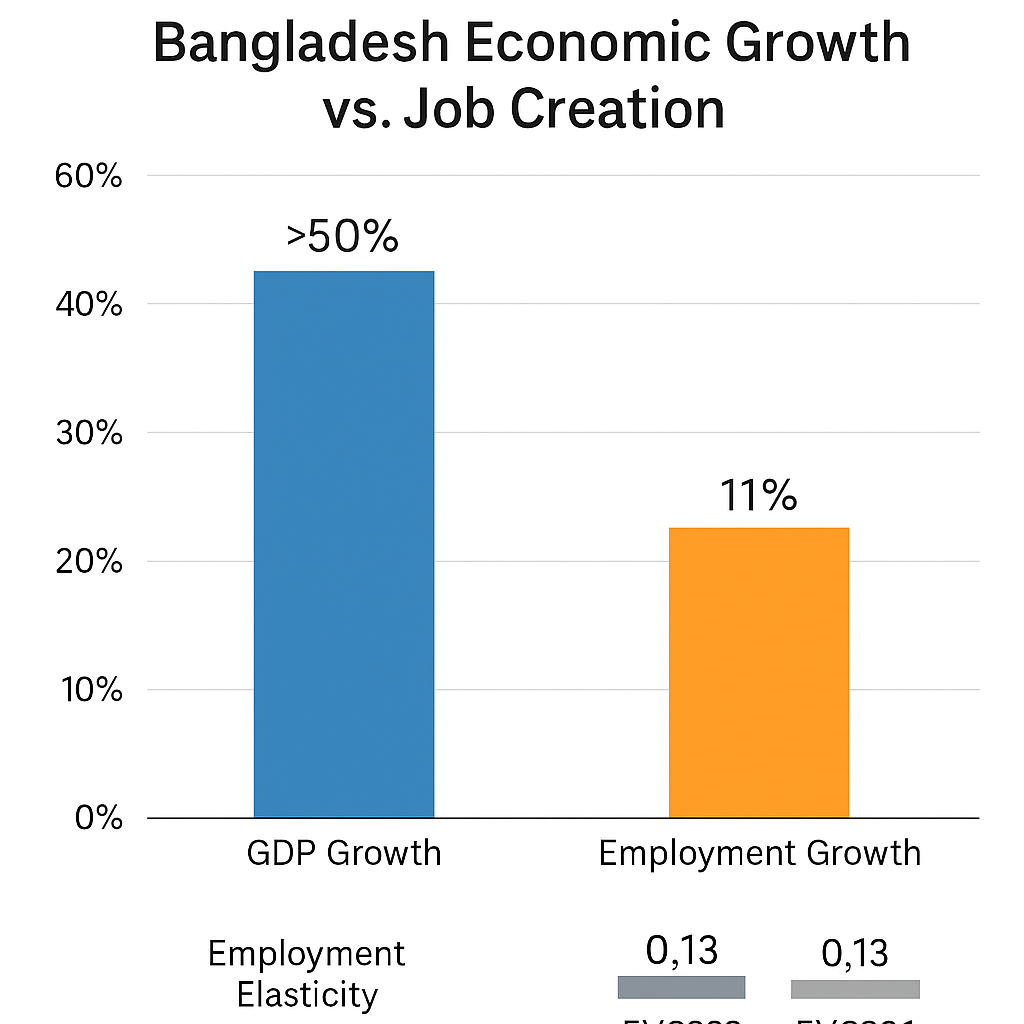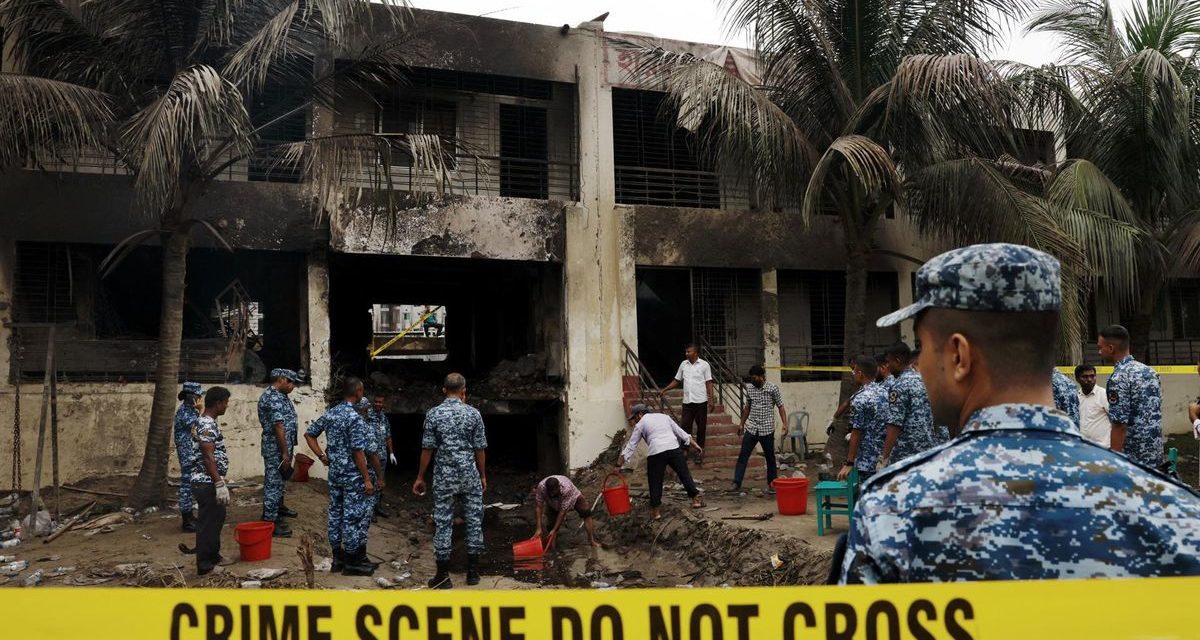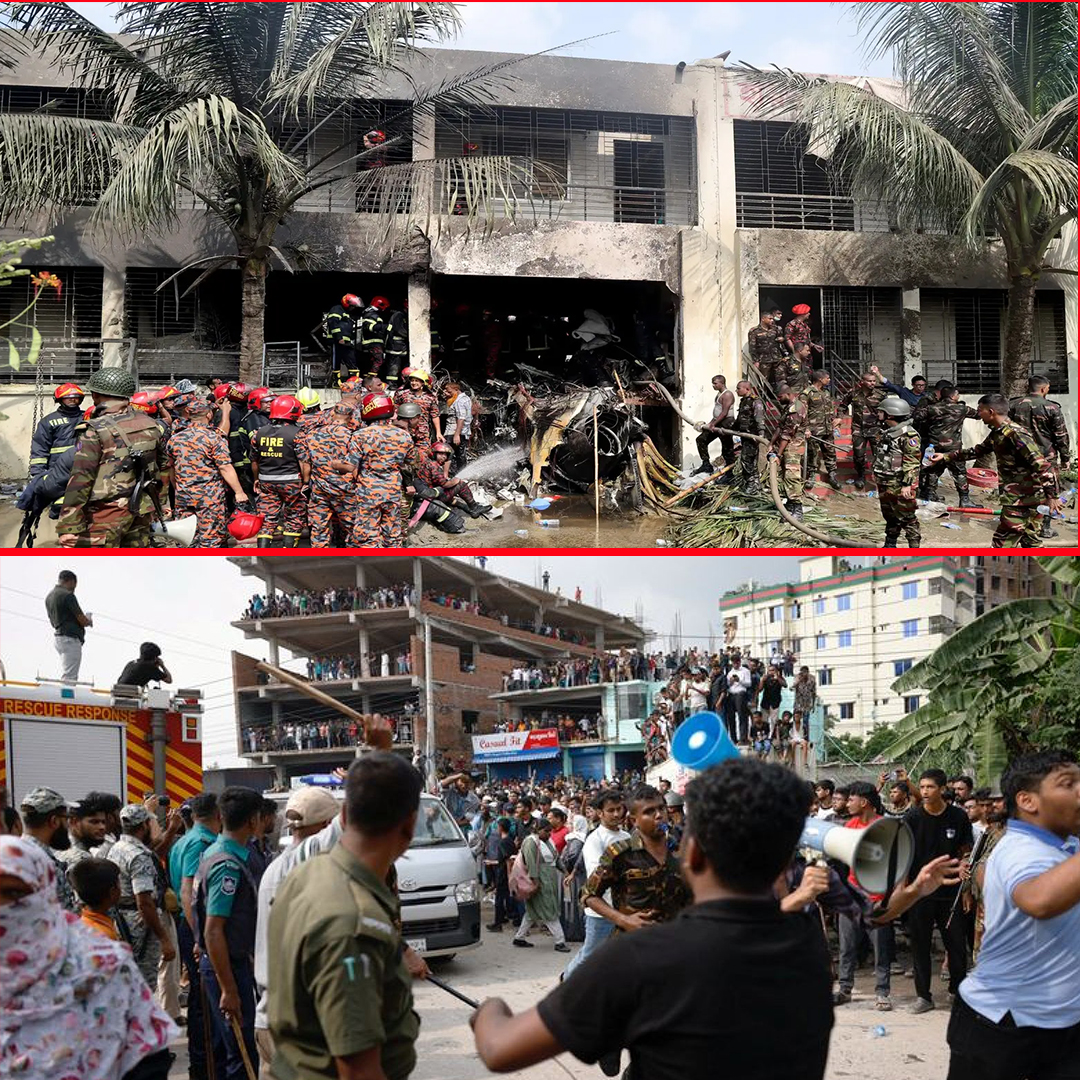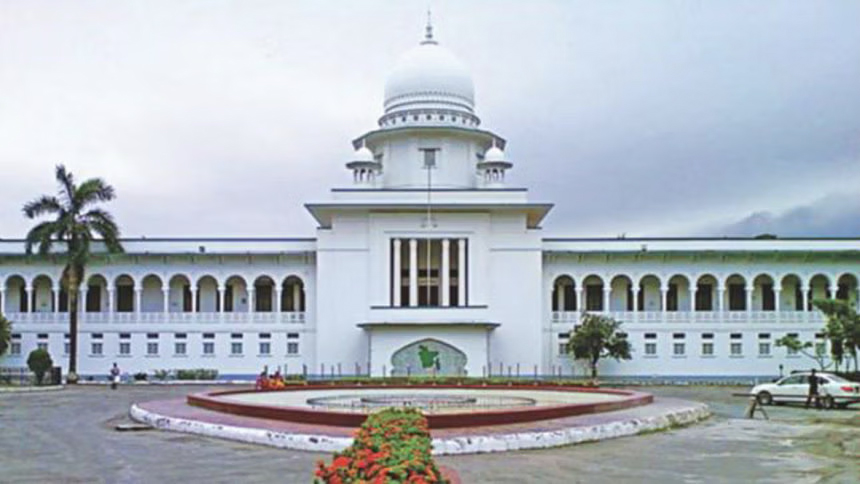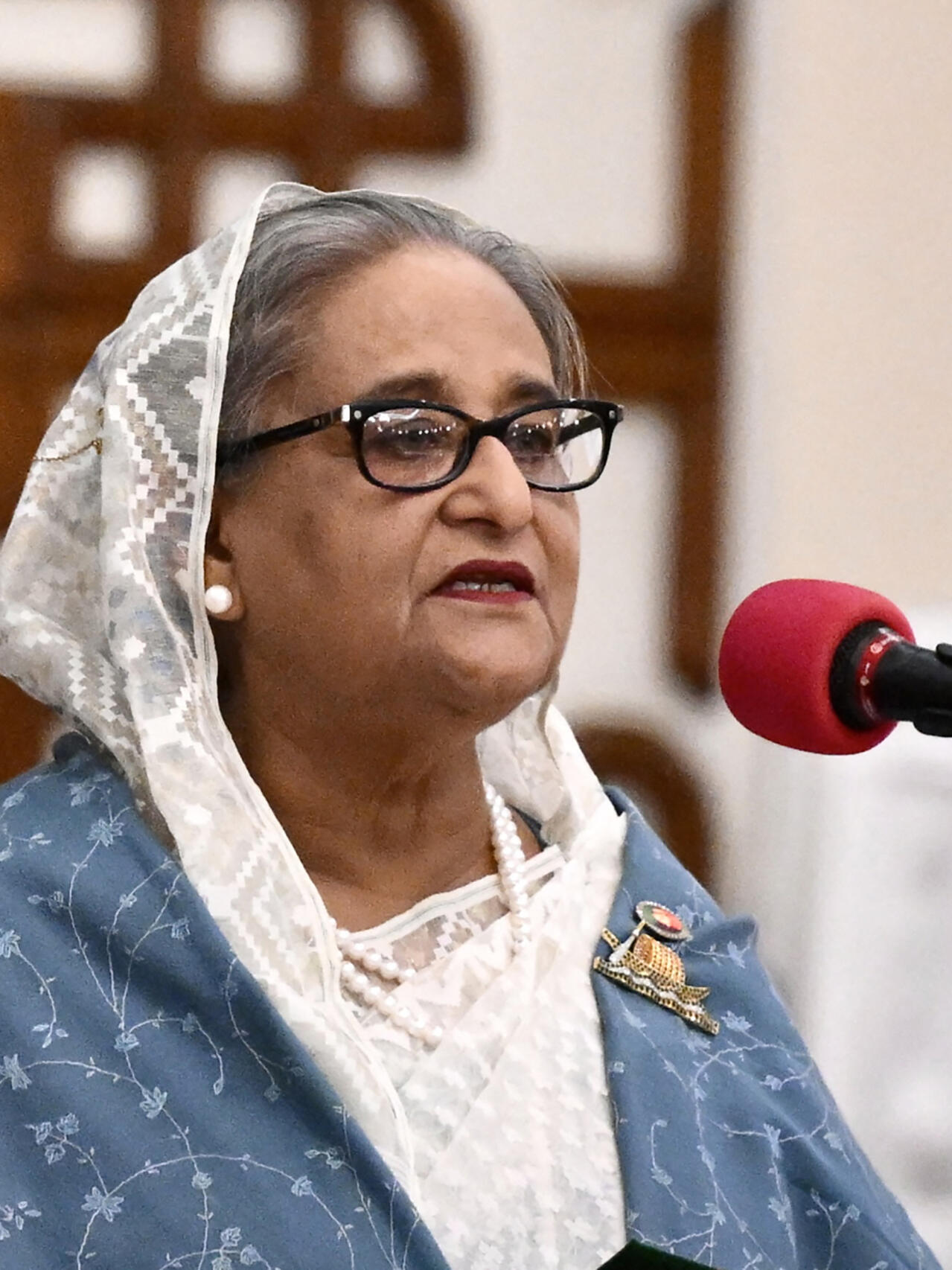
Former Prime Minister Faces Allegations over July 2024 Violence That Left Over 1,500 Dead
Dhaka, June 1, 2025 — In a historic legal move, Bangladesh’s International Crimes Tribunal (ICT) has formally charged former Prime Minister Sheikh Hasina with crimes against humanity, including murder, enforced disappearance, abduction, torture, and arson. The charges stem from her alleged role in the July 2024 mass uprising crackdown, which resulted in widespread violence, human rights violations, and the deaths of over 1,500 people across the country.
The ICT prosecution submitted its report on Saturday, accusing Hasina of being the key architect of the brutal state-led operation that took place following the nationwide protests demanding electoral reforms, justice, and the end of political repression. Along with Hasina, two other former high-ranking officials — former Home Minister Asaduzzaman Khan Kamal and former Inspector General of Police Chowdhury Abdullah Al-Mamun — have been named as co-accused in the case.
Massive Civilian Casualties and Brutality Alleged
According to the detailed 120-page charge sheet, the tribunal alleges that Sheikh Hasina gave direct orders to suppress the movement using any means necessary. This led to the deployment of armed forces, police, and ruling party-affiliated groups who, prosecutors say, executed a coordinated assault on unarmed civilians. The violence was particularly severe in Dhaka, Chattogram, Khulna, and Rajshahi, where protestors were attacked in the streets and even inside hospitals and mosques.
Investigators claim that more than 25,000 people were injured, hundreds abducted or forcibly disappeared, and numerous women were subjected to gender-based violence. The evidence includes testimonies from survivors, leaked communications, and video footage reportedly showing government forces engaging in systematic abuse.
🖼️ Related Images (Credit: human rights watch, ap news):
You may embed images from original sources or link them via proper attribution.
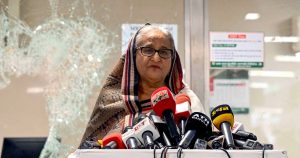
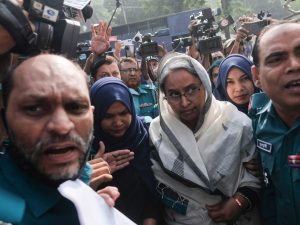
Exile and Extradition Demands
Sheikh Hasina has been living in exile in India since her government was overthrown in late 2024, following months of unrest and growing international pressure. The interim government, currently led by Nobel Laureate Professor Muhammad Yunus, has formally requested India to extradite her so that she can stand trial in Bangladesh. As of now, Indian authorities have not made any public comment regarding the request.
The ICT has also opened two additional cases against Hasina, one related to enforced disappearances and extrajudicial killings between 2013 and 2021, and another linked to the violent crackdown on the Hefazat-e-Islam rally in 2013.
National and International Reactions
The charges have triggered widespread reactions across Bangladesh and the international community. Human rights groups, including Amnesty International and Human Rights Watch, have welcomed the development, calling it a step toward justice and accountability for the victims of state violence.
In contrast, supporters of the Awami League — the party Hasina led for decades — have dismissed the charges as politically motivated. In statements released from abroad, some party leaders accused the current government of launching a witch-hunt under the guise of justice.
However, legal experts say the volume of evidence and the scale of atrocities documented give the tribunal strong ground to proceed. “This is not about politics. It’s about holding those in power accountable when they violate fundamental human rights,” said Dr. Rezaul Karim, a law professor at Dhaka University.
Looking Ahead
The ICT has set July 15 as the date for the first formal hearing. If convicted, Sheikh Hasina and her co-accused could face life imprisonment or capital punishment under international human rights law and Bangladesh’s war crimes legislation.
This case marks a turning point in Bangladesh’s judicial history, where for the first time a former head of government is being tried for crimes against humanity committed during peacetime.
As the legal proceedings begin, the eyes of the nation — and the world — remain fixed on the outcome, which could reshape the legacy of one of Bangladesh’s most powerful and controversial political figures.

